25 Sad But True Reasons Adult Children Cut Ties With Their Parents

Family relationships can sometimes break beyond repair, leading adult children to make the painful decision to cut contact with their parents. This choice rarely comes lightly and usually follows years of hurt, misunderstanding, or conflict. Understanding these reasons might help both parents and children recognize unhealthy patterns before relationships reach the breaking point.
1. Persistent Emotional Abuse
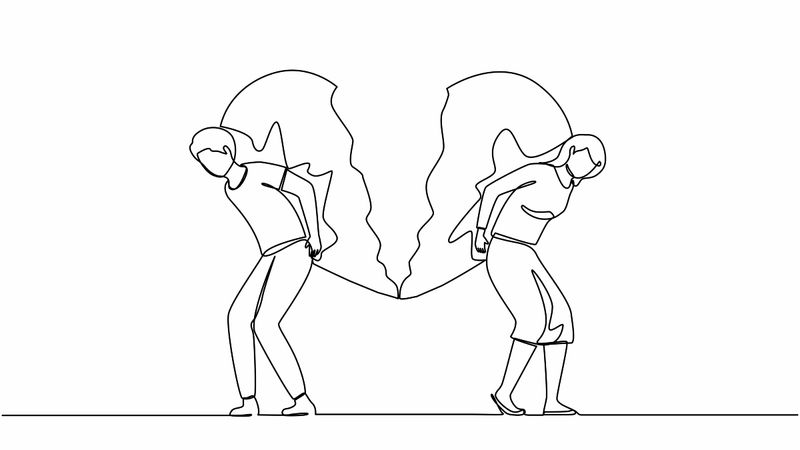
Years of belittling comments, name-calling, and emotional manipulation leave deep wounds that don’t easily heal. Many adult children realize they can’t recover while still exposing themselves to ongoing emotional attacks. The constant criticism eventually becomes too heavy a burden to carry.
2. Refusal to Respect Boundaries

Parents who consistently ignore reasonable boundaries show fundamental disrespect. Whether it’s dropping by unannounced, offering unwanted advice, or disregarding explicit requests, these violations signal that the parent doesn’t view their adult child as autonomous.
3. Toxic Favoritism Among Siblings

Being the less-favored child creates lasting pain that follows into adulthood. The golden child/scapegoat dynamic damages sibling relationships and creates deep-seated feelings of inadequacy. Many adults decide they can’t continue witnessing this pattern.
4. Unacknowledged Physical Abuse
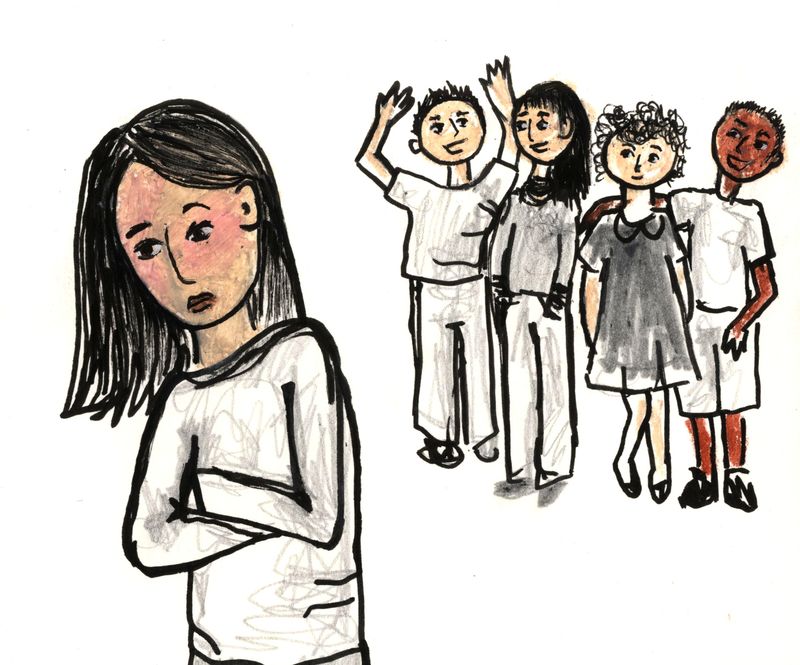
When parents deny or minimize past physical violence, they show they haven’t truly changed. Statements like “I only spanked you” or “it wasn’t that bad” invalidate the child’s experience and trauma. This denial makes reconciliation nearly impossible.
5. Substance Abuse Problems

Addiction transforms people into versions of themselves that hurt those closest to them. Adult children often establish distance after years of broken promises, unpredictable behavior, and emotional chaos. The decision frequently comes after multiple attempts to help.
6. Disrespect Toward Partner or Spouse

Many adults draw the line when parents repeatedly disrespect their chosen partner. Subtle digs, outright hostility, or refusing to accept the relationship forces the child to choose between their parent and partner. Most choose their partner.
7. Inability to Apologize

Parents who cannot genuinely apologize create permanent barriers to healing. “I’m sorry you feel that way” or “I did my best” aren’t real apologies. Without acknowledgment of specific harms, adult children often conclude the relationship cannot evolve.
8. Interference in Parenting Decisions

Grandparents who undermine parenting choices create impossible situations. Feeding kids forbidden foods, ignoring discipline approaches, or criticizing parenting styles all communicate disrespect. Many adult children protect their parenting boundaries by limiting contact.
9. Ongoing Political or Religious Conflicts
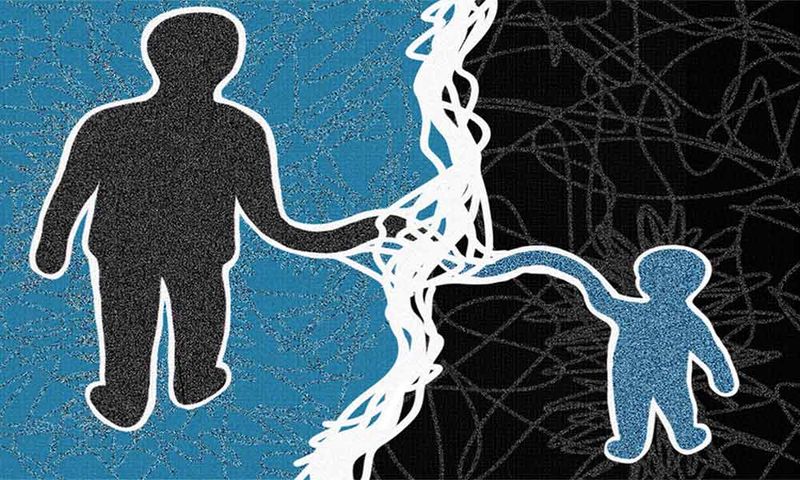
Fundamental differences in values can become relationship dealbreakers. When parents constantly push their views or criticize their child’s beliefs, the relationship becomes a battlefield rather than a safe haven. Eventually, many choose peace over conflict.
10. Refusal to Accept Sexual Orientation

LGBTQ+ individuals often face the painful choice between authenticity and family relationships. Parents who reject their child’s sexual orientation or gender identity create an impossible situation where the child must deny their true self to maintain contact.
11. Financial Manipulation
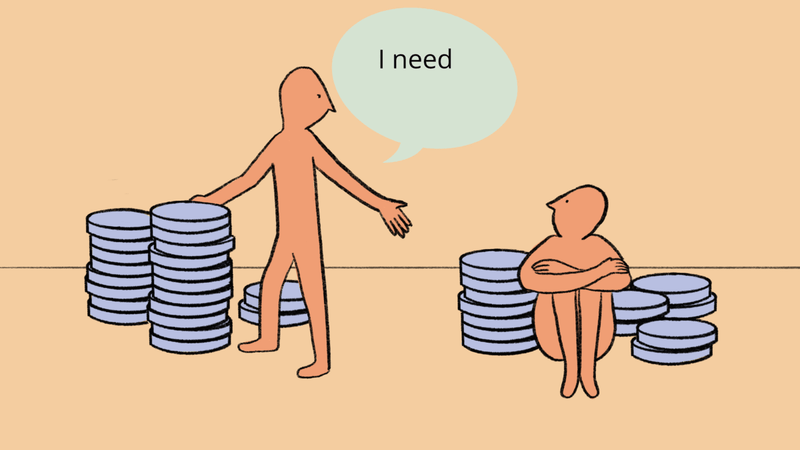
Money becomes a control tool in unhealthy family dynamics. Parents who use financial support as leverage, steal their child’s identity, or constantly demand money create toxic dependencies. Breaking free often requires breaking contact.
12. Untreated Mental Health Issues

Parents with untreated conditions like narcissistic personality disorder or borderline personality disorder can create chaotic, unpredictable relationships. When they refuse treatment or acknowledgment of their condition, adult children may need distance for their own mental health.
13. Triangulation and Gossip

Some parents create drama by telling family members different stories or speaking negatively about one child to another. This manipulation technique destroys trust and creates division. Many adult children eventually refuse to participate in these toxic games.
14. Denial of Childhood Neglect
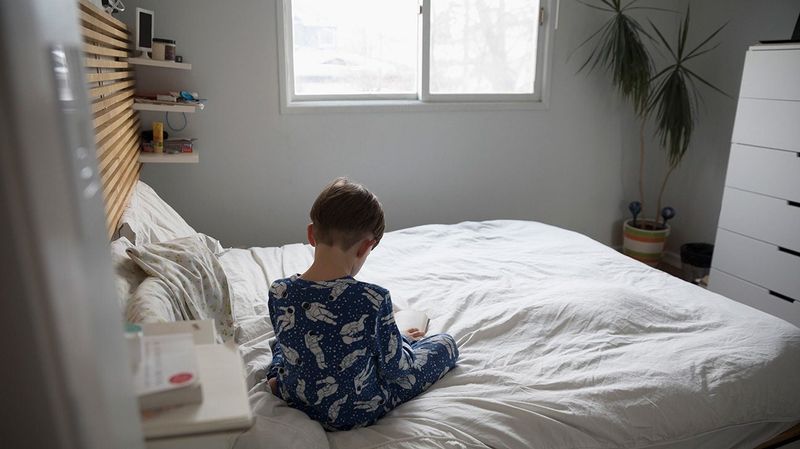
Being emotionally or physically abandoned as a child leaves deep wounds. When parents minimize this neglect with statements like “you had food and shelter” or “other kids had it worse,” they invalidate legitimate trauma. Many adults decide healing requires distance.
15. Constant Criticism of Life Choices

Perpetual disapproval wears down even the strongest person over time. Career choices, parenting styles, appearance, or lifestyle decisions become targets for relentless criticism. Eventually, many adults decide life is too short for constant judgment.
16. Enabling Abusive Family Members

Parents who make excuses for abusive relatives or demand their child maintain relationships with people who hurt them create impossible situations. “That’s just how Uncle John is” or “Family is family” invalidate legitimate concerns. Many choose safety instead.
17. Consistent Violation of Trust

Broken promises, shared secrets, or betrayals destroy the foundation of relationships. Parents who read diaries, share private information, or repeatedly fail to keep commitments demonstrate they cannot be trusted. Many adult children eventually stop giving chances.
18. Unwillingness to Acknowledge Growth

Being forever treated as the person you were at 15 becomes frustrating by 35. Parents who refuse to see their child’s maturity, wisdom, or life experience create stunted relationships. Many adults seek connections that honor who they’ve become.
19. Persistent Pattern of Lies

Relationships cannot survive without honesty. Parents who consistently lie about small or large matters create environments where nothing feels solid or reliable. Eventually, many adult children decide truth matters more than maintaining false connections.
20. Refusing to Acknowledge Accomplishments

Continually minimizing achievements or changing the subject when good news arrives sends a clear message: your successes don’t matter. This pattern leaves adult children feeling permanently inadequate. Many eventually seek validation elsewhere.
21. Inappropriate Relationship Expectations

Some parents treat their children as surrogate spouses, therapists, or caregivers from young ages. This emotional incest creates unhealthy bonds and robs children of normal development. Breaking these patterns often requires breaking contact.
22. Inability to Allow Independence

Helicopter parents who cannot let go create suffocating relationships. Constant check-ins, opinions on every decision, and attempts to direct an adult child’s life become overwhelming. Many eventually choose freedom over constant supervision.
23. Weaponizing Family History

Using past mistakes as ammunition during disagreements creates toxic patterns. Parents who bring up ancient history (“Remember when you failed math in 7th grade?”) during unrelated conflicts show they’re keeping score. Many adults refuse to play this game.
24. Forcing Contact with Estranged Family
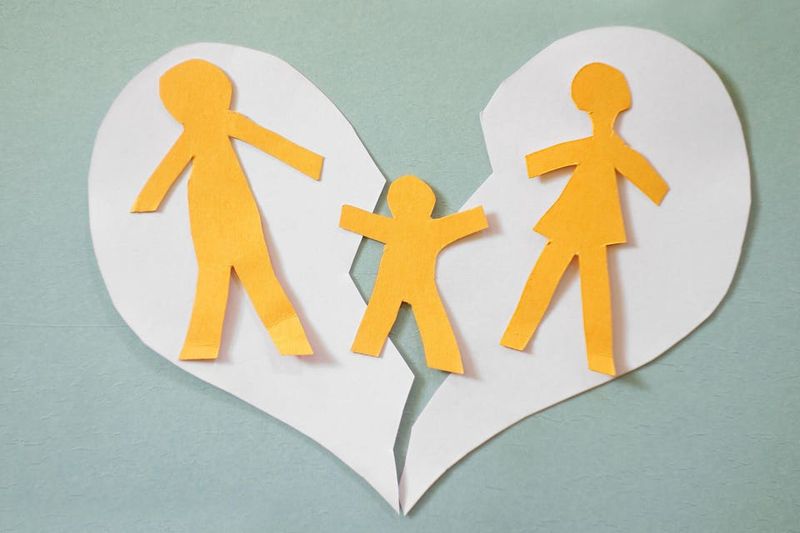
Ambushing adult children with surprise appearances by estranged relatives shows profound disrespect. When parents orchestrate “accidental” meetings with family members their child has chosen to avoid, they violate boundaries. Many cut contact to prevent future ambushes.
25. Refusing to Evolve the Relationship

Healthy parent-child relationships transform as children grow. Parents who cling to outdated authority dynamics or refuse to relate as adults-to-adults create stunted connections. Many adult children eventually seek more balanced relationships elsewhere.
